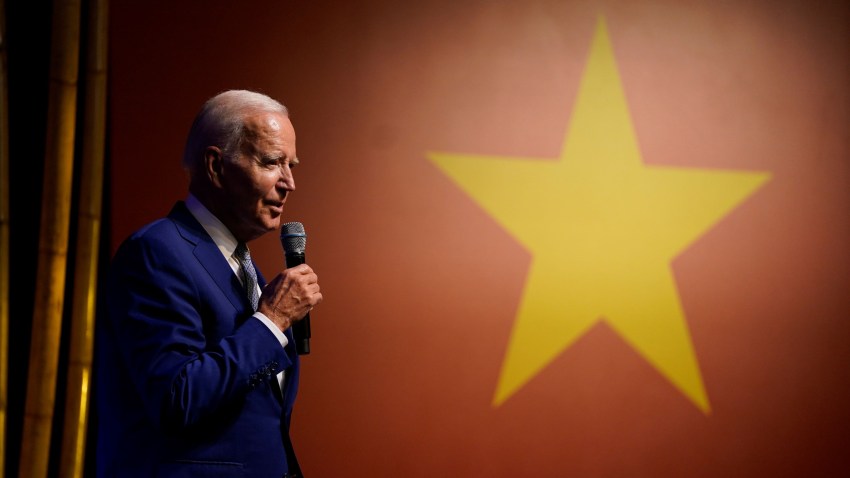U.S. President Joe Biden welcomed representatives of 20 countries to San Francisco yesterday for the start of the Asia Pacific Economic Cooperation, or APEC, Summit, which will continue through Nov. 16. The summit’s theme is “Creating a Resilient and Sustainable Future for All,” a focus that will include discussion of the need for governments to make the response to the climate crisis central to their foreign policy and economic ambitions. As host of the conference, the U.S. has an opportunity to lead by example on the climate crisis. But doing so will require including human rights priorities in the Biden administration’s climate diplomacy, an approach the administration has been reluctant to adopt over the past three years.
The human rights protections required for activists and civil society to operate cannot be separated from a country’s progress on environmental issues. Nevertheless, Biden’s climate envoy, John Kerry, has been tasked with pushing through tough climate negotiations in the absence of a consistent and committed government-wide human rights approach. Now climate action is running aground, both among countries the U.S. counts as climate partners in the Indo-Pacific, and among wealthy nations—including the U.S.—that have failed to mobilize the level of funding needed for a global response to the crisis.
The APEC Summit presents an opportunity to prioritize human rights in climate policy. To begin, this requires considering the conditions in which climate activists and environmental leaders operate as a metric of successful climate response. And the human rights landscape across key partner states in the Indo-Pacific isn’t promising.

